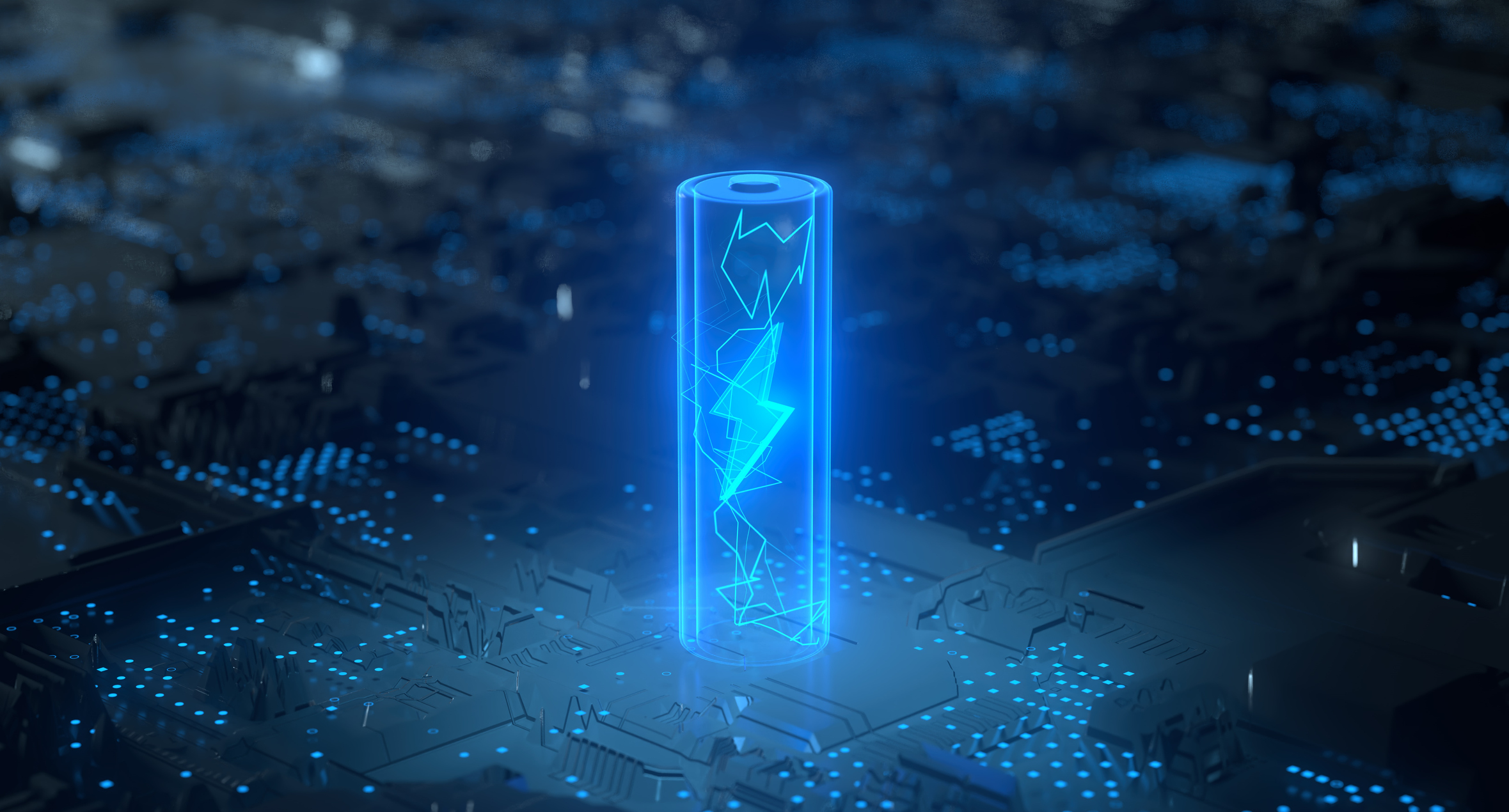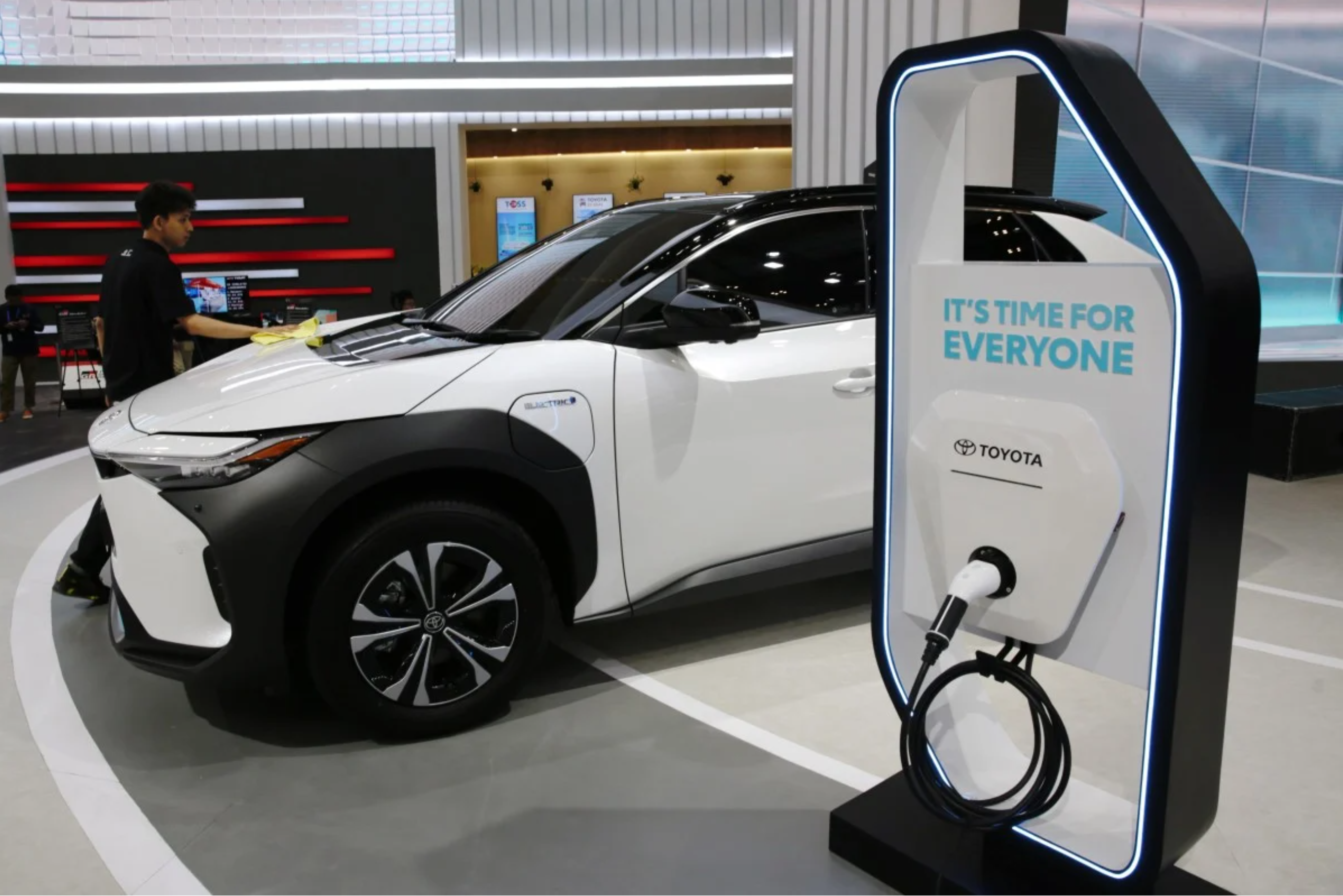In late October, the $285m Bighorn solar array launched just outside the steel-producing city of Pueblo in Colorado. Now one of the largest solar plants east of the Rockies, the energy it generates will help Pueblo make recycled steel using green energy: a ‘virtuous green cycle’.
For developers like BP, Bighorn is a beacon for clean energy transition. For the people of Pueblo it’s a 30% increase in jobs. And for owners, EVRAZ, it means cheaper electricity. A godsend no less, as without this cheap solar solution the site would’ve had to close.
Bighorn shows how companies are increasingly under pressure to be serious about ‘going clean’. As Bill Gates notes, Microsoft is one of “Hundreds of governments and companies (who) have made net zero commitments, and they have billions of dollars to invest.”
His words are echoed by Climate Action 100+, a coalition of big investors, who earlier this year found that half of the world’s largest carbon emitters had set net zero goals. This is because global support for mandatory disclosure regulation has accelerated in the past year, with a wave of new rules being heralded — and plenty more coming in the wake of COP26.
But underneath all this lies another burning question: why are companies prepared to invest so much? Surely besides the regulatory pressures, and the incentive to look good in their annual ESG Report, their enthusiasm to invest suggests some ROI?
This is corroborated by a growing trend in Asset Management circles, where institutions like BlackRock are putting pressure on company directors who’re lagging behind in their net zero commitments, by issuing public letters and voting against them at shareholder meetings.
The fact is, there is more to gain than lose from a transition to cleaner energy. And not just in terms of saving the planet, but in fiscal benefit-cost ratios too. Pilbara Minerals (ASX:PLS) for example, has just announced a 6MW solar array, reducing CO2 emissions by about 9,900t pa over the contract period — while saving 3.8m litres of diesel fuel pa.
Other ethical explorers like Pan Asia Metals (ASX:PAM) are running lean, green operations — capitalising on their proximity to a hydro dam, and a number of promising solar and geothermal energy sources.
Simply put, green energy is now cheaper than its old black counterparts. And where there are savings, there’s good clean money to be made. So the sooner companies make the transition, the earlier they can start raking in the other green stuff.
Written for Pan Asia Metals by Josh Bryer




